Category: Health Predispositions
-

Is Osteoporosis Genetic?
What is osteoporosis? Osteoporosis is a condition in which bone density becomes too low. This makes bones more fragile and prone to breaks (fractures). Bone is a living tissue that our bodies constantly replenish by breaking down old bone and replacing it with new bone. As we get older, we start to lose bone faster…
-
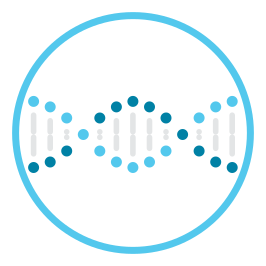
Is Parkinson’s Disease Genetic?
Explore Parkinson’s Disease and what your DNA can tell you Genetics of Parkinson’s disease risk Risk for Parkinson’s disease is influenced by genetics. In fact, the disease is associated with genetic variants (differences) in many genes. Two of the best studied genes associated with Parkinson’s disease are called LRRK2 and GBA (also known as GBA1).…
-
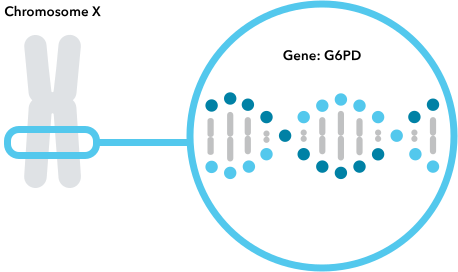
Is G6PD Deficiency Genetic?
Explore G6PD Deficiency and what your DNA can tell you Is G6PD deficiency genetic? G6PD deficiency is a genetic condition involving a gene called G6PD. The G6PD gene contains instructions for making an enzyme that plays a role in protecting red blood cells against damage. Certain genetic variants (differences) in the G6PD gene reduce the…
-
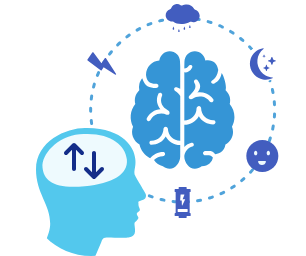
Is bipolar disorder genetic?
Explore bipolar disorder and what your DNA can tell you What is bipolar disorder? Everyone experiences ups and downs in life, but bipolar disorder causes extreme changes in mood and energy called mood episodes. The highs and lows of bipolar disorder – called “mania” and “depression” – cause unusually intense emotions and changes in activity,…
-

Is Insomnia Genetic?
Explore Insomnia and what your DNA can tell you What is insomnia? Insomnia is a sleep disorder that causes trouble sleeping. Everyone has a hard time sleeping from time to time, but insomnia causes persistent problems with falling asleep, staying asleep, and waking up too early. Insomnia can last a few days or weeks, especially…
-

Are Panic Attacks Genetic?
Explore Panic Attacks and what your DNA can tell you What are panic attacks? Panic attacks are episodes of intense fear with many physical symptoms. They can be triggered by certain situations or they can seem to occur out of the blue. They are caused by an activation of the body’s fight-or-flight response when there…
-
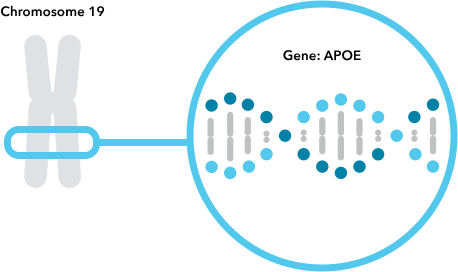
Is Alzheimer’s Genetic?
Explore Alzheimer’s and what your DNA can tell you What is Alzheimer’s disease and how common is it? Alzheimer’s disease is a form of dementia. It’s characterized by progressive memory loss, gradual cognitive decline, and personality changes. There are two different types of Alzheimer’s disease: late-onset Alzheimer’s disease and early-onset Alzheimer’s disease. Both have symptoms…
-

Is Lupus Genetic?
Explore Lupus and what your DNA can tell you What is lupus? Lupus is a group of chronic autoimmune conditions that can affect many parts of the body, such as the joints, skin, lungs, kidneys, and heart. There are several types of lupus, but the most common type – called systemic lupus erythematosus (SLE) –…
-

Is Depression Genetic?
Explore Depression and what your DNA can tell you What is depression? Everyone can sometimes experience sadness, guilt, and other negative emotions in response to life’s ups and downs. But people with depression may experience negative emotions and other mental and physical symptoms that are intense, don’t go away over time, and make it hard…
-
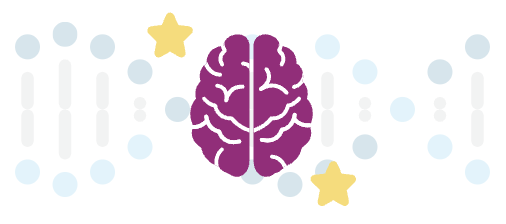
Is ADHD Genetic?
Explore ADHD and what your DNA can tell you What is ADHD? ADHD can affect attention, working memory, or executive function, which is the brain’s ability to prioritize and manage thoughts and behaviors. ADHD affects people differently, which can make recognizing it a challenge. People with ADHD may experience things like: While everyone can sometimes…